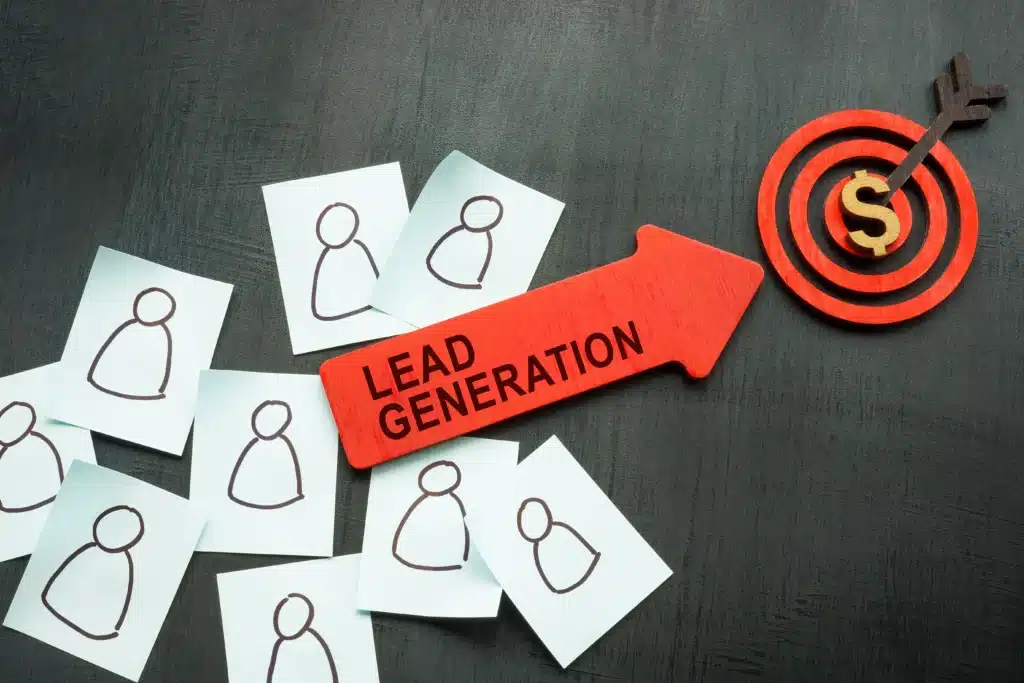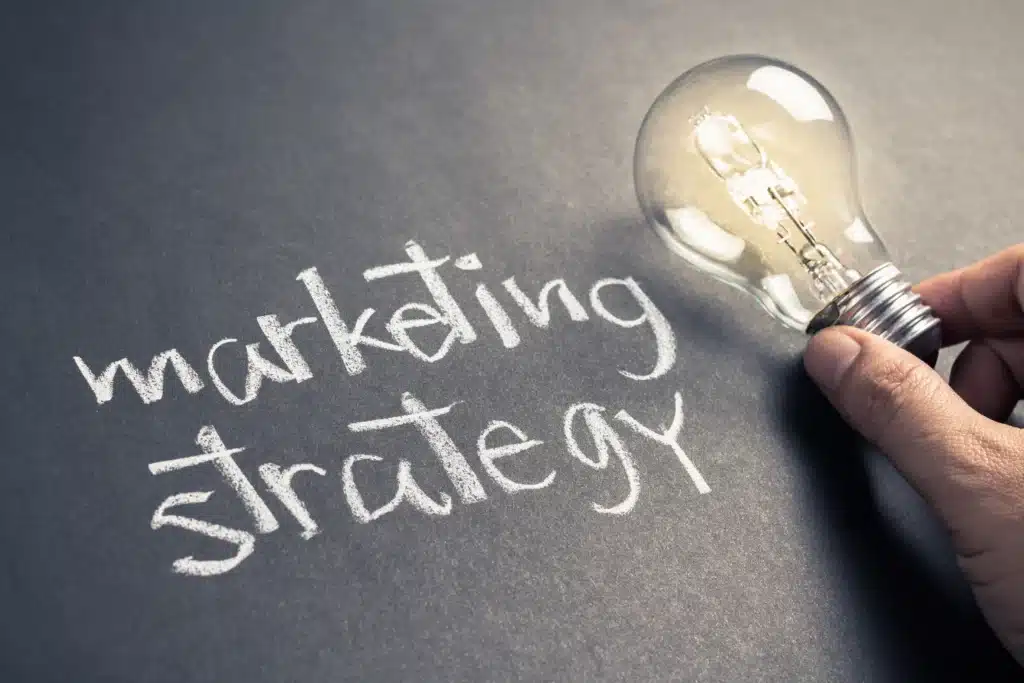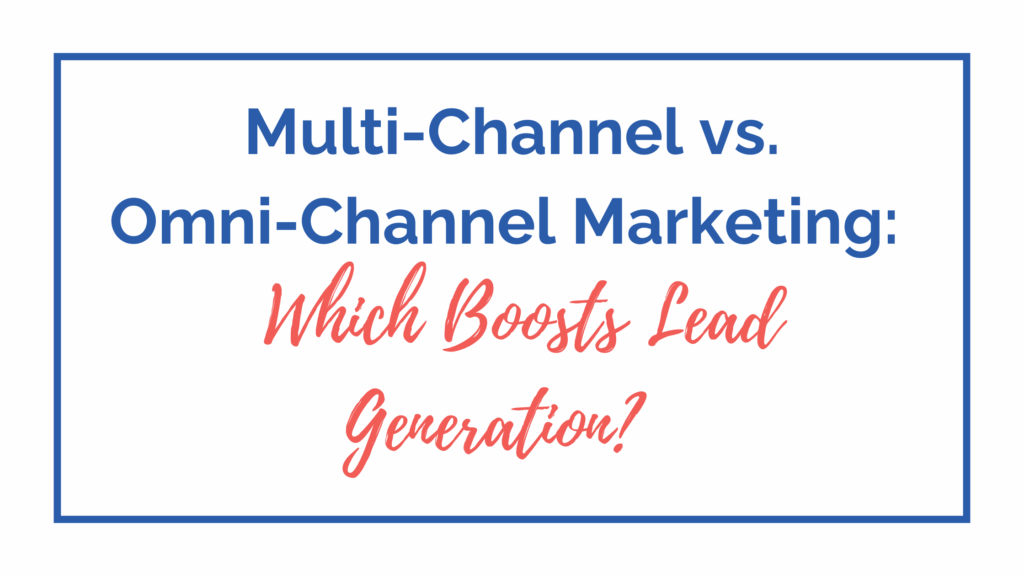
In today’s digital marketing landscape, Fort Worth small business owners face a critical question: how can you maximize Fort Worth lead generation while effectively managing multiple marketing channels? With email, social media, paid ads, SMS, and local promotions, choosing the right approach can make or break your campaigns. Understanding the difference between multi-channel marketing and an omni-channel strategy is key to achieving effective results.
Multi-channel marketing uses multiple independent channels to reach potential customers, whereas an omni-channel strategy integrates all touchpoints to deliver a seamless, personalized experience. Each approach comes with its strengths, limitations, and implications for Fort Worth lead generation strategies—but businesses that prioritize Fort Worth omni-channel marketing often see higher engagement and stronger results.
This article defines both multi-channel and omni-channel marketing, compares their effectiveness, and highlights which approach is best for generating high-quality leads. Fort Worth business owners will gain actionable insights to enhance engagement, boost brand visibility, and make data-driven marketing decisions. By the end, you’ll know how to implement the strategy that aligns with your business goals and improves your Fort Worth lead generation outcomes.
What is Multi-Channel Marketing?
Multi-channel marketing is a strategic approach where businesses interact with customers across various independent platforms such as email, social media, print, and in-store promotions. Each channel operates separately, allowing potential customers to engage with your brand on their preferred platform.
Characteristics
- Independent Channels: Each channel functions on its own, with separate campaigns tailored to the platform.
- Customer Choice: Customers select the channel through which they wish to engage.
- Limited Integration: Customer data is typically siloed, making cross-channel personalization difficult.
Benefits
- Increased Reach: Using multiple channels increases brand visibility and exposure.
- Flexibility: Businesses can test campaigns across different platforms to find the most effective strategies.
- Cost-Effective: Multi-channel campaigns often require lower upfront investment compared to omni-channel strategies.
Challenges
- Fragmented Customer Experience: Messaging inconsistencies can occur across channels.
- Data Silos: Without integration, businesses struggle to gather comprehensive insights about customer behavior.
- Resource Demands: Managing multiple campaigns requires careful planning and staff resources.
Real-World Example
A local Fort Worth boutique uses multi-channel marketing for small businesses in Fort Worth by promoting seasonal sales via social media, email newsletters, and in-store flyers. While each channel operates independently, this approach expands reach and increases customer engagement.
What is Omni-Channel Marketing?
Omni-channel marketing integrates all communication channels to provide a seamless, consistent experience for the customer. This strategy focuses on connecting digital and offline touchpoints to improve personalization, engagement, and conversion.
Characteristics
- Integrated Channels: All platforms share data and messaging to ensure consistency.
- Personalized Experience: Marketing campaigns adapt to user behavior across channels.
- Real-Time Engagement: Customers receive relevant messages in real time across devices.
Benefits
- Enhanced Customer Satisfaction: Seamless experiences increase loyalty and retention.
- Data-Driven Insights: Integrated channels provide richer analytics for better decision-making.
- Higher-Quality Leads: Personalized messaging improves lead nurturing and conversion rates.
Challenges
- Higher Costs: Requires investment in technology and integration.
- Complex Implementation: Smaller teams may find it challenging to manage unified campaigns.
- Maintenance Needs: Continuous optimization is needed to keep the strategy effective.
Real-World Example
An e-commerce store in Fort Worth employs an omni-channel strategy for local lead generation: a customer browses products on the website, receives a follow-up email, and completes a purchase via the mobile app. Every touchpoint shares data, creating a smooth and personalized experience.
Multi-Channel vs. Omni-Channel – Key Differences
| Aspect | Multi-Channel Marketing | Omni-Channel Marketing |
|---|---|---|
| Integration | Channels operate independently | Channels are interconnected and share data |
| Customer Experience | Potentially fragmented and inconsistent | Seamless and personalized across touchpoints |
| Data Utilization | Limited cross-channel insights | Comprehensive view of customer behavior |
| Cost | Lower initial investment | Higher due to technology and integration requirements |
| Scalability | Easier to implement in phases | Requires strategic planning and resources |
Which Strategy is Best for Fort Worth Lead Generation?

Multi-Channel Marketing
- Ideal For: Broad reach and cost-efficient campaigns.
- Lead Generation Impact: Effective in attracting a wide audience but may lack depth in engagement.
- Example: A Fort Worth restaurant uses flyers, social media, and email promotions to draw in customers.
Omni-Channel Marketing
- Ideal For: Businesses seeking deeper relationships with customers.
- Lead Generation Impact: More effective at nurturing leads through personalized experiences.
- Example: A retail store integrates its website, email, SMS, and in-store experience to guide customers seamlessly from browsing to purchase.
Local Fort Worth Context
- Neighborhood Insights: Leveraging local SEO, community events, and geo-targeted campaigns enhances both strategies.
- Customer Behavior Analysis: Understanding local preferences improves campaign relevance and lead quality.
👉 Check out our Fort Worth lead generation solutions.
Quick Takeaways
- Multi-channel marketing uses independent channels for broad reach, offering flexibility but limited integration.
- Omni-channel marketing integrates channels to deliver a seamless, personalized customer experience.
- Omni-channel strategies generally produce higher-quality leads, while multi-channel is effective for volume.
- Customer experience is key; omni-channel enhances consistency and engagement.
- Consider cost, resources, and goals when selecting a strategy.
- Fort Worth businesses can leverage local events and community-focused campaigns for better results.
- Selecting the right strategy ensures optimized lead generation and improved ROI.
Conclusion
Choosing the right marketing strategy can significantly impact Fort Worth lead generation for small businesses. Multi-channel marketing offers broad reach and cost-efficiency but may create fragmented experiences. In contrast, an omni-channel strategy delivers integrated, seamless experiences, improving lead quality and customer loyalty.
Your choice should consider business goals, available resources, and the desired level of personalization. Multi-channel marketing works best for broad engagement, while omni-channel excels at nurturing leads and increasing conversions—both playing a role in shaping stronger Fort Worth lead generation outcomes.
For expert guidance, Panther City Digital Marketing helps Fort Worth businesses implement the right strategies, optimize campaigns, and track ROI. Make every channel work together to grow your business and convert leads effectively. Contact us today for a free consultation!

💬 What Our Clients Say
“MB Marketing knows their stuff! They were so helpful in identifying where our main marketing focus should be, so that we don’t waste money trying all different things. They also helped us hone in on our target audience for our marketing efforts! You should contact MB Marketing today.” — Meaghan J. ⭐️⭐️⭐️⭐️⭐️
FAQs
1. What is the difference between multi-channel marketing and an omni-channel strategy?
Multi-channel marketing uses independent channels, while omni-channel integrates all touchpoints to provide a seamless customer experience, improving Fort Worth omni-channel marketing results.
2. Which marketing strategy is better for generating high-quality leads?
Omni-channel strategies generally nurture higher-quality leads due to consistent messaging and personalized experiences.
3. Can small businesses in Fort Worth implement omni-channel marketing effectively?
Yes. With the right tools, Fort Worth businesses can integrate email, social media, web, and in-store channels efficiently.
4. How does multi-channel marketing benefit local lead generation?
It allows businesses to reach a wider audience through separate channels, supporting multi-channel marketing for small businesses in Fort Worth.
5. How should I choose between multi-channel and omni-channel marketing?
Consider goals, budget, and desired customer experience. Multi-channel suits broad reach; omni-channel optimizes lead generation through integrated marketing channels.
References
- Marketing Evolution. (n.d.). What is Multi-Channel Marketing? Retrieved from https://www.marketingevolution.com/marketing-essentials/what-is-multi-channel-marketing
- Salesforce. (2022, January 31). How an Omnichannel Strategy Benefits Businesses and Customers. Retrieved from https://www.salesforce.com/eu/blog/omnichannel-strategy-benefits/
- The Pedowitz Group. (2019, May 27). Omnichannel Marketing vs. Multi-Channel: 26 Key Statistics. Retrieved from https://www.pedowitzgroup.com/blog/26-statistics-on-why-you-should-consider-omni-channel-marketing



